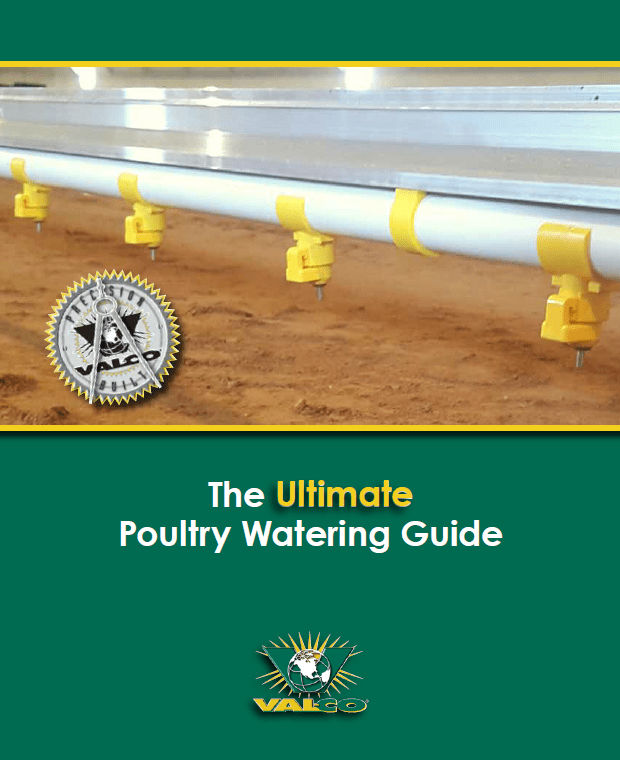Resources
AgSpeak Blog
Explore the AgSpeak Blog for expert agricultural resources.

Brooder Cleaning: A Step-by-Step Guide
Brooder cleaning is one of the most important tasks done on the farm. Brooders rapidly lose heating efficiency when they are dirty. Routine maintenance ensures you get the most out of your heating equipment and prevents fire hazards. Brooders should be cleaned and inspected before every flock. Regardless of what they look like on the…
Read More

Attic Insulation – Stop Burning Money
Attic insulation is beneficial year-round, though it’s something that is often overlooked. During cold weather, hot air produced by heaters and livestock quickly rises to the ceiling. If the attic insulation is lacking, uneven, or missing entirely, that warm air will escape the barn and cause heaters to run longer and more often. With fuel…
Read More
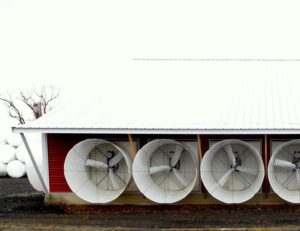
House Tightness: The Best Winter Prep
House tightness should be the first thing on your winter prep checklist. Heat lost through building air leaks causes the heaters to run excessively and waste fuel. Air leaks can also cause cold air drafts that can chill livestock, create cold spots on the floor, and result in poor floor conditions. Houses can be divided…
Read More
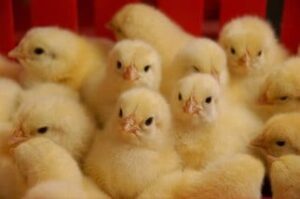
Improve 7-day Chick Performance with these 6 Considerations
Want to improve your final live weight and feed conversion? Achieve good 7-day live weight and you’ll do just that. So much of a bird’s final potential rests on the first seven days of frame development and immune system maturation. Nutrition, feed availability, water quality (and ease of finding and getting the water), temperature, air quality,…
Read More
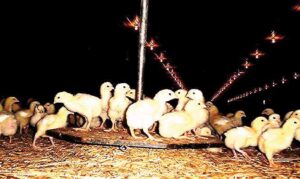
Best Practices for Weighing Breeder Hens
In order to know how much feed should be given to your breeder pullet or hen flocks, you need to know how much they weigh and how quickly they are gaining weight. By frequently and accurately weighing a representative sample of your flocks, you can track uniformity and weight gains to be sure you’re on…
Read More
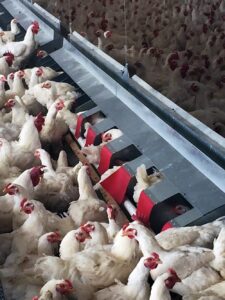
Feeding for Success in the Breeder Hen House
Feeding breeder hens can be tricky. You have to hit target weights, but can’t let the birds grow too fast or get too big. You already know that raising a consistent flock is imperative to success, but how do you maintain that once the birds are moved to the laying house? Have a plan Have…
Read More
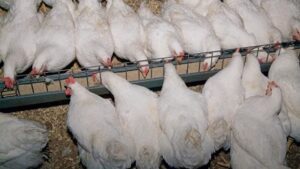
An Introduction to Feeding Broiler Breeder Hens
Today’s broilers grow so rapidly because of a genetic predisposition to accelerated growth rates which are supported by a nearly insatiable appetite. Plain English? They were bred to eat a lot. It’s a great characteristic for meat stock – we can produce a large amount of lean meat in a small amount of time, usually…
Read More
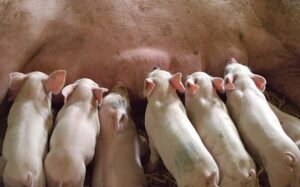
Dehydration, Pig Stress – Not Just a Summer Problem
Pigs are made up of almost 70% water. Too much of a decrease in that water balance means that your pigs won’t be able to digest food properly, leaving them malnourished, underweight, and susceptible to disease. Dehydration is often a symptom of any kind of stress, usually stemming from critical points in production. While heat…
Read More
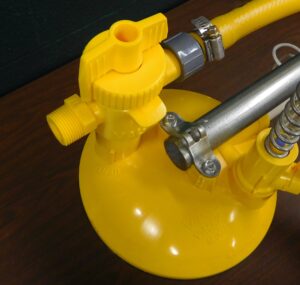
Flushing Watering Lines 101
Flushing the water lines is a necessary tool to keep your water as healthy, fresh, and clean as possible. While it might be a little tedious or time consuming, especially if you have a large operation, it can pay off big time in the end. Regular flushing helps to remove dirt or debris from the…
Read More
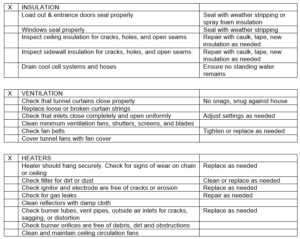
Your Winterization Checklist – Preparing for Winter
Winter is coming. Unfortunately, so are heating costs. If your heaters don’t work properly, you lose fuel. You lose profits. If your heaters do work properly, but you have a loose, drafty house, you’re still wasting fuel. And wasting money. And your birds are probably cold and unhappy and not growing as well, which will…
Read More
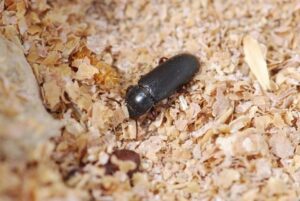
Give Litter Beetles the Boot
Litter beetles. Darkling beetles. Black beetles. Whatever you call them, you know what I’m talking about. They disturb chicks, harbor disease, damage houses, steal food, and cut into profits. They’re everywhere. In every flock. In every house. You know why? They love it. Seriously. They prefer temperatures of 75-95°F. They prefer 12% moisture but will…
Read More
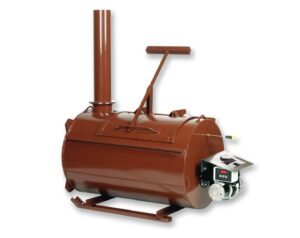
How to Handle Mass Mortality on the Poultry Farm
Do you have a plan in place to handle mass mortality? While we hope that mass mortality is something no one should deal with, it does happen, and it’s good to be prepared. If your farm is infected with a contagious, high mortality disease, dealing with sheer volume can be a challenge. It’s important to…
Read More
